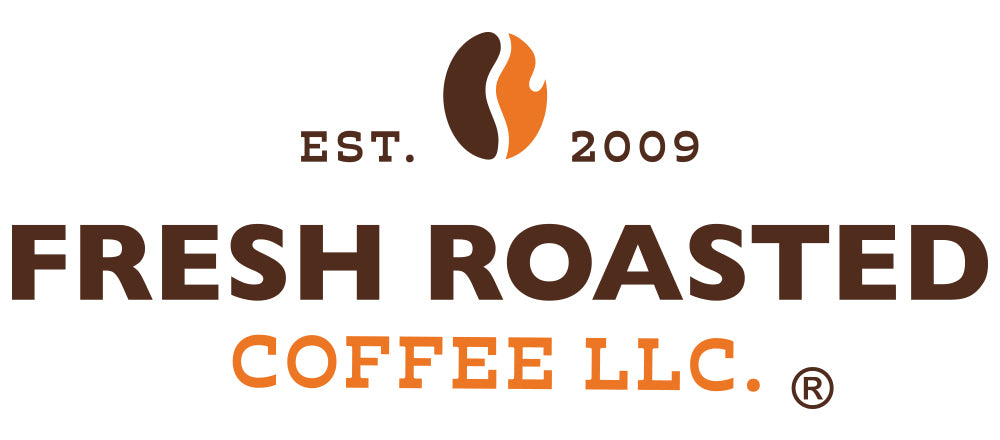Aprysa
Aprysa is comprised of producers—42% of which are women—who make community empowerment a focus of their operations. Members do this by economically uplifting each other, educating their youth, and being careful stewards of the environment. Improving their processing and installing solar drying beds elevated Aprysa’s quality, which helped stabilize their supply chain.
Washing and Drying
All Aprysa coffee is fully washed, which is typical of high-quality coffee. Washed coffee is all about the seed, not the cherry. Most specialty coffees are washed because this process gives the most true-to-origin experience, as the mucilage can impart syrupy flavors if left intact during processing. Aprysa also uses solar beds to dry their coffee, which are elevated rectangular beds made of wood, chicken wire, and plastic netting, either constructed in greenhouses or outside with tarps available in case of rain. Solar beds don’t rely on fuel or electricity like modern mechanical dryers, but are still an efficient drying method.
Fair Trade and Organic Certified
Aprysa is certified Fair Trade and organic, meaning they follow strict environmental and operational standards. They are also compensated fairly for their coffee, with a minimum Fair Trade market price plus up to a 20¢ premium per pound. Their organic certification demonstrates Aprysa’s commitment to preserving and enhancing their water and soil quality (which often suffers with conventional, non-organic coffee). USDA Organic coffees also average a .0255¢ increase per pound. With how much coffee is produced annually, this seemingly insignificant number can add up.
In the Community
Within their community, and beyond, Aprysa focuses on securing a bright future for the youth. This is exhibited by the 100% school attendance rate among the children of the Aprysa coffee producers. Regarding their environmental stewardship, the farmers at Aprysa maintain biodiverse farms with 46% of land in coffee production, 21% in forest conservation, and 28% as grass and fields.
How We Roast It
Fresh Roasted Coffee medium roasts this coffee to highlight its natural sweet and citrus notes by underscoring them with warm cinnamon and sticky caramel. A balanced cup like no other, our Organic Peruvian features Caturra, Typica, Bourbon, and Catimor varietals, which make this coffee so dynamic. The profiles of these varietals bring delicious diversity to your daily cup.


1 Comment
I need low acid, clean, organic mold free. No contamination. I read best healthy coffee is grown in the shaded forests?? I have to be very careful due to a bladder disease I now suffer with. I hope to find a clean, moldfree, contaminant free organic low acid coffee! Do you offer instant coffee or brewing grounds? I am excited to hear your response! Thank you, Michelle
Leave a comment